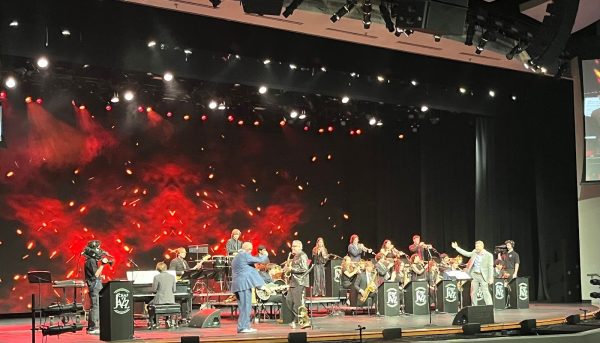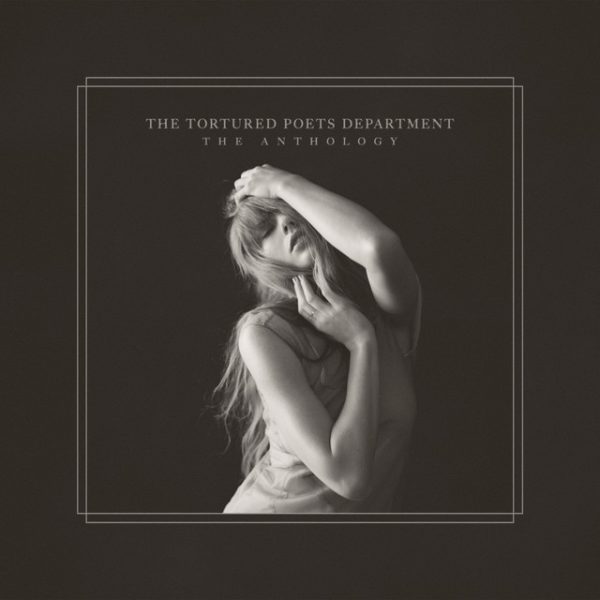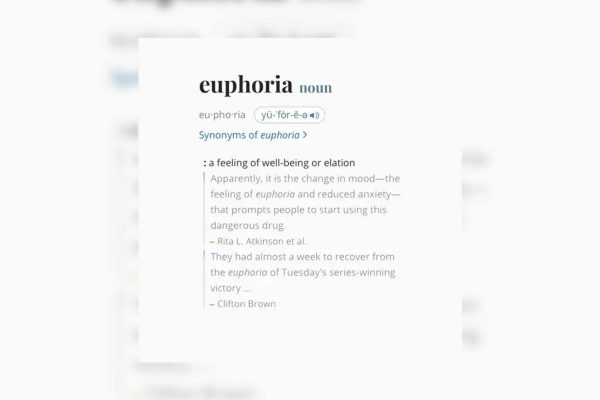Omnipresent pop song enrages feminist
Unless you live under a rock, you’ve probably heard “Blurred Lines” by Robin Thicke It’s on the radio incessantly, and is a hot topic of conversation after the recent Video Music Awards where Thicke performed it with Miley Cyrus. I mean, if my dad’s heard it, everybody probably has. That’s part of what makes this song scary.
The lyrics are just one of the many offensive things about this song. The tone of the song looks at things that are verging on sexual assault as everyday occurrences. A lyric that illustrates this is “…he was close, tried to domesticate you/But you’re an animal, baby, it’s in your nature.” Thicke is actually comparing a woman, a human being, to an animal. He also insinuates that she is not in control of her own romantic life. Yet one more horrible lyric in this song is the repeated “I know you want it.” Thicke is basically trying to convince this girl to have sex with him by guilting her into it and trying to make her feel as if she should. Which, since she has not obviously and verbally given consent, is rape.
But there’s more to this song that you can’t hear on the radio. The music video is equally awful. In the video, Thicke (along with Pharrell and T.I., who are both featured on the single) uses scantily clad (and in the original version, naked) women as props. These women are just there to fawn over the men as they sing, to dance around them and to interact with actual props. This video has reduced women to items that men are supposed to acquire.
Possibly the most sickening aspect of everything related to this song is Thicke’s reaction to the correct accusations of how anti-feminist it is. In an interview on The Today Show on July 30, Thicke said that because of fake feminist lines like “Just let me liberate you,” or “That man is not your maker,” the song is almost a feminist movement. The fact that Thicke has the audacity to say that a song that compares women to animals and objects is a feminist movement is horrendous. If it was his goal was to alienate most women, then I congratulate him on a job well done. This song in all aspects is insulting to women, and in no way shape or form supports feminism. As a feminist, a hardworking student and a person in general, it infuriates me that Thicke, and apparently the many people who love this song, devalued all of those things just because I’m female.
If a song this blatantly sexist which promotes rape culture can be so widespread, what does that say about our culture since we accepted it so readily? I realize that it is ridiculously catchy, but the lyrics are so offensive and off-putting that it is baffling to me that this song is played so often, and the outcries have been few and far between. Hopefully the general public will soon understand that this obvious sexism in popular culture promotes rape culture and degrades women to second class citizens. And hopefully Thicke will realize that the lines of consent aren’t blurred at all.










